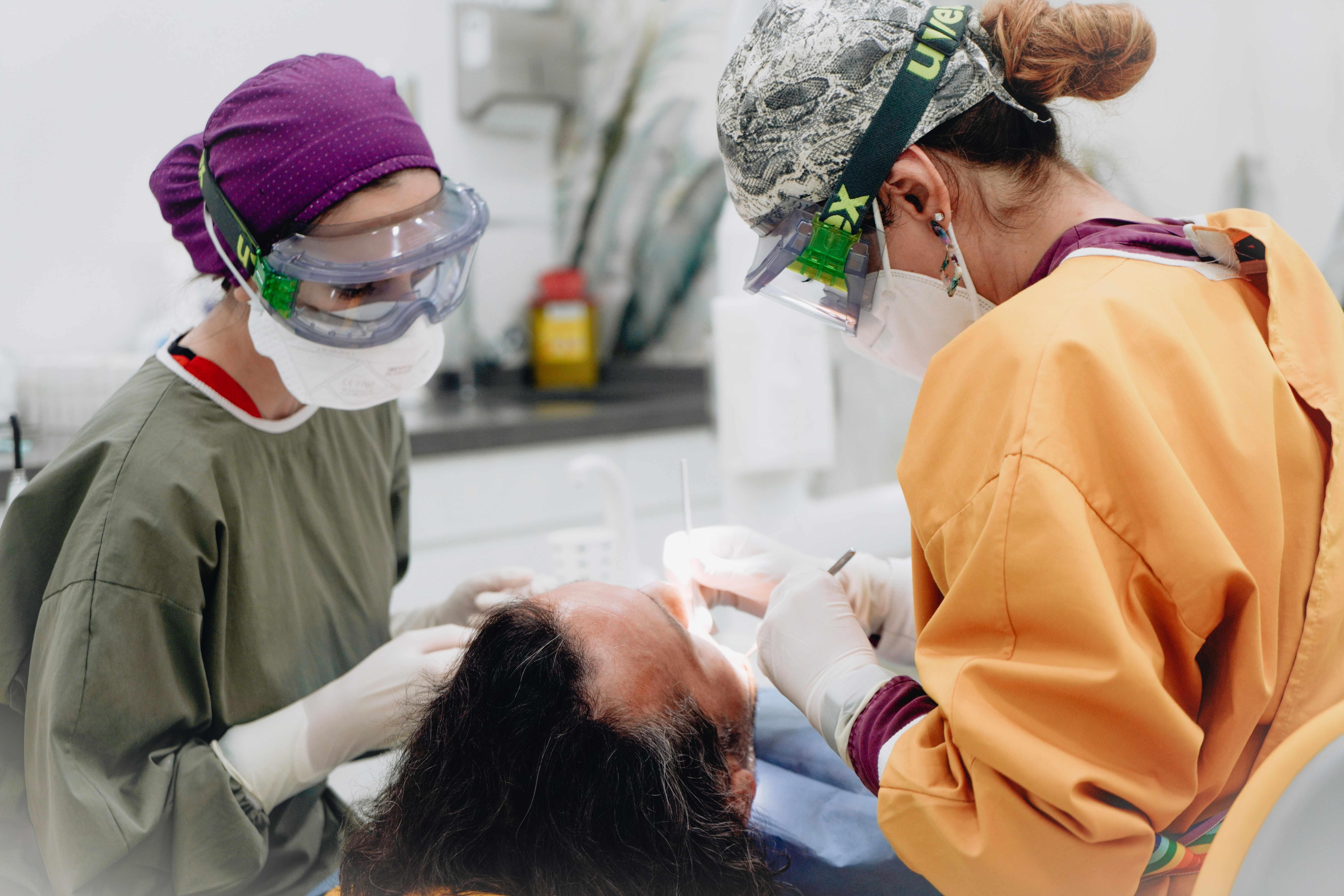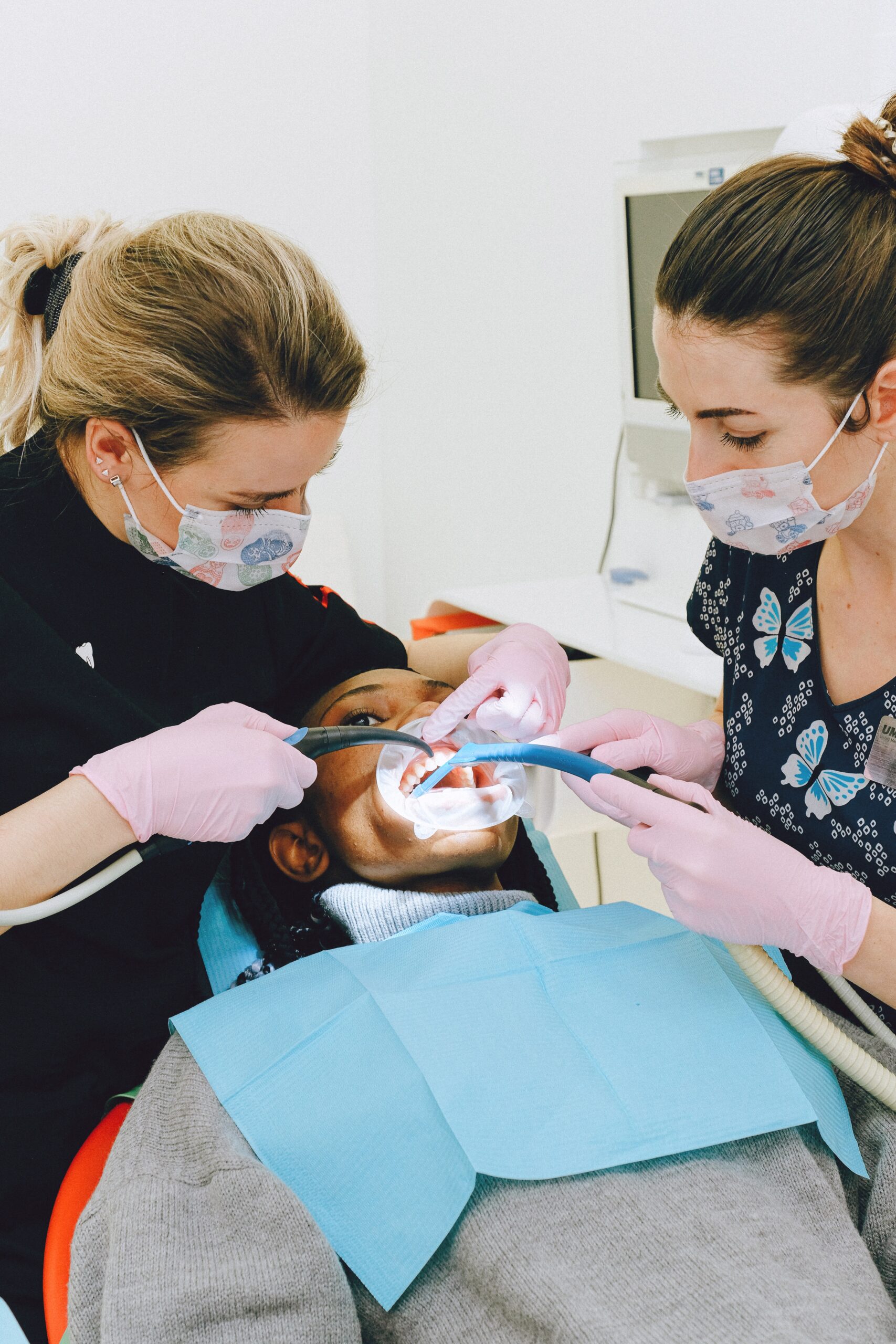San Antonio Family Dentistry: Caring for Young Smiles

You've likely noticed your child's first tooth erupting—a milestone that signals it's time to plan dental care. At San Antonio Family Dentistry, we recognize that early experiences shape your child's attitude toward oral health for years to come.
Our pediatric specialists create comfortable environments where children feel safe rather than anxious. From sliding-scale payment options to specialized preventive care, we're addressing the unique challenges facing San Antonio families. Discover how these first visits can set the foundation for your child's lifetime of healthy smiles.
Early Dental Health Challenges Facing San Antonio Children
While many parents focus on their children's overall health, dental care often receives less attention until problems arise. In San Antonio, many children already show signs of tooth decay by kindergarten age, reflecting significant oral health disparities throughout the city.
The patterns are concerning: a substantial share of Texas kindergartners and third-graders have experienced tooth decay, often exceeding national averages. Family circumstances play a vital role, with economically disadvantaged children facing higher risks of untreated dental issues. Areas with high poverty levels, including the South Side, Southwest, and West Side of San Antonio, show greater unmet dental needs.
Despite recommendations for early dental visits, far too few Medicaid-enrolled infants receive them. The COVID-19 pandemic worsened this situation, causing a sharp drop in preventive dental services. Language barriers, transportation challenges, and lack of awareness about affordable options further compound these problems.
Accessible Pediatric Dental Programs Serving Our Community
View this post on Instagram
Establishing preventive care habits early in childhood creates the foundation for a lifetime of healthy smiles. At San Antonio Family Dentistry, we develop customized oral hygiene plans tailored to your child's specific needs, incorporating both professional treatments and home care routines. Our extensive preventive nutrition and hygiene strategies focus on reducing cavity risk while supporting strong tooth development: With consistent check-ups and early intervention, we'll help your child maintain a cavity-free, confident smile. We recommend scheduling twice-yearly cleanings to remove plaque buildup and prevent potential dental issues before they start. Three significant barriers often stand between families and essential dental care: financial constraints, limited insurance coverage, and social determinants of health. While many low-income adults report financial obstacles to dental care, children face similar challenges despite mandated coverage through Medicaid and CHIP. At San Antonio Family Dentistry, we're committed to innovative funding solutions that make dental care accessible to all families. We offer sliding-scale payment options and partner with community-based outreach programs to reach vulnerable populations. We'll help you navigate insurance complexities, including Medicaid benefits that vary by state. Unfortunately, out-of-pocket spending accounts for a much higher share of total dental spending than overall health spending, which is why clear estimates, financial counseling, and community partnerships remain essential.The Importance of First Dental Visits and Positive Experiences
Preventive Care Strategies for Healthy Young Smiles
Bridging the Gap: Overcoming Economic Barriers to Dental Care




